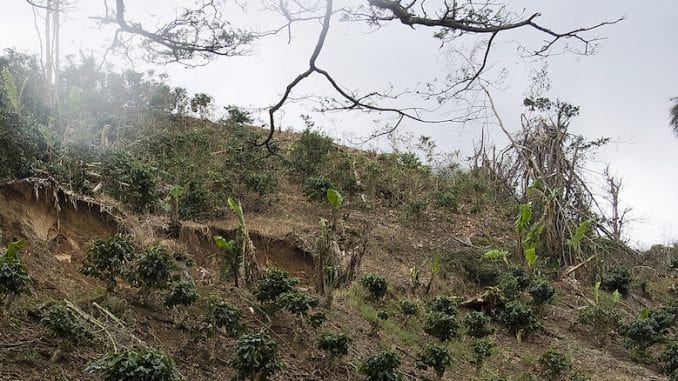
The new initiative Beans for Puerto Rico collects donated coffee from U.S. roasters, and its organizers are planning a longer-term plan to ensure the island can access coffee.
BY CHRIS RYAN
BARISTA MAGAZINE ONLINE
Cover photo by Jose Madera
In the seven weeks since Hurricane Maria decimated Puerto Rico, the U.S. commonwealth has been slow to recover—Puerto Rico has largely been without electricity and reliable phone and Internet service, preventing many residents from asking for the help they still need.
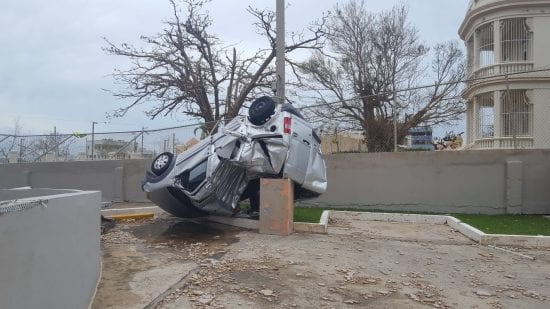
The country’s coffee industry, too, has been hit hard, with Maria wiping out over 75 percent of Puerto Rico’s agricultural sector. (Last month we reported on the Puerto Rico coffee industry’s response to the crisis here.) The island’s coffee farms lost the vast majority of their production, leaving farmers on a long road to recovery and local cafés unsure where their future coffee supply will come from.
As commonly happens in the world of specialty coffee, some resourceful, community-minded coffee professionals are banding together to help out during Puerto Rico’s time of need. Three friends launched an initiative called Beans for Puerto Rico, which collects donated roasted coffee from U.S. roasters for Puerto Rico cafés to use. The initiative has so far amassed 450 pounds of donated coffee from roasters including Metric, Maquina Coffee Roasters, Panther Coffee, La Colombe, Four Letter Word, Deeper Roots, and Ipsento.
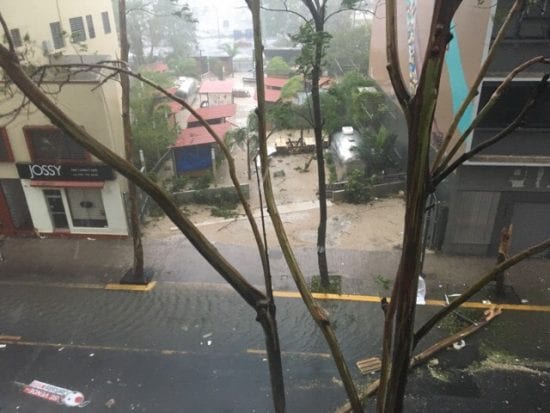
Beans for Puerto Rico was created by Stephen Hoppe of San Juan craft-cocktail and beer bar La Penúltima, Xavier Alexander from Chicago’s Metric Coffee, and Kali Solack of San Juan specialty-coffee shop Café Regina. Stephen, a Chicago native who uses Metric Coffee in his bar’s cold-brew and drip program, says the idea came about during a conversation he had with Xavier shortly after the storm. “We were talking about the situation on the island and I mentioned that I had heard from friends in the coffee industry here about the destruction of the local crop and how availability of beans was going to be a big issue once roasters run out of the remainder of the green beans that had already been harvested,” Stephen says. “Xavier mentioned that Metric would be willing to donate a bit of coffee, and that potentially other roasters would be interested as well.”
The initiative grew from there, with Kali joining to provide outreach in hopes of helping local cafés. “By receiving shipments of donated beans now, we can give coffee shops on the island a little time to get back on their feet,” she says. “Today (November 9) marks the 50th day without electricity. Some areas have regained power, which has allowed certain shops to reopen. However, for the areas that have not, those shops are either still closed or running on generators, which is very costly.”
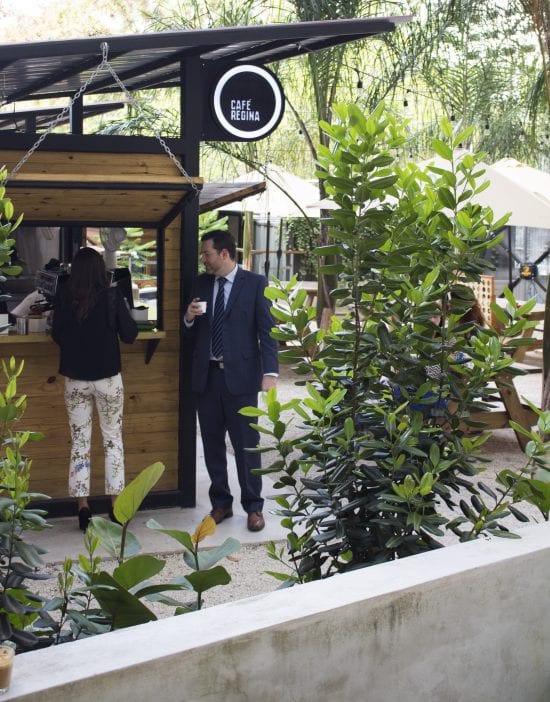
While the coffee shops are slowly recovering, Kali says that these businesses face a longer-term question about where their coffee will come from. With Hurricane Maria destroying most of the island’s coffee crops, Kali says the next harvest for most rebuilding farms may be in as long as three years, and local roasters can’t wait that long. Local cafés can look elsewhere for coffee, but that becomes an expensive proposition. “Puerto Rican coffee shops are 100 percent dependent on local beans,” she says. “We have very strict importing laws on coffee in order to protect the local industry. For every pound of imported roasted coffee, we have to pay up to $3.50 per pound, and it is even harder to import green beans.”
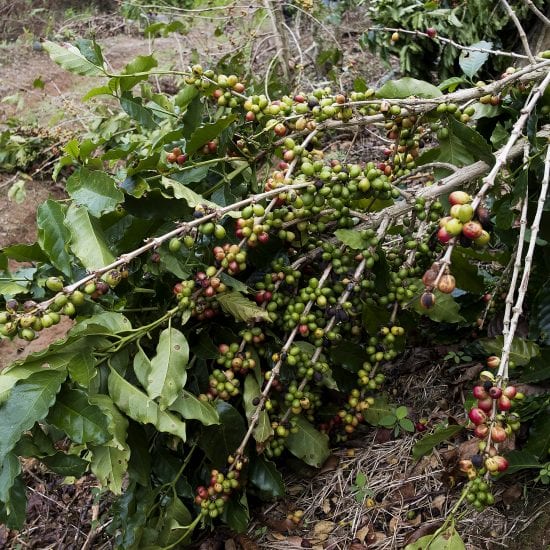
Kali says Beans for Puerto Rico is working on a solution to help supply Puerto Rico cafés with coffee for the longer-term. “Our idea was to begin building relationships with roasters so that we can start importing as local beans become scarce,” she says. “In the near future, these relationships might help bring some clarity and hope to an unknown future for the coffee industry in Puerto Rico.” She adds that they’re hoping the government, given the situation, will make an exception so they can bring in coffee without the high importation fees. “One can hope that if local coffee becomes harder to procure that the government will instate a temporary relief of these [importing] taxes until farmers begin to produce again,” Kali says.
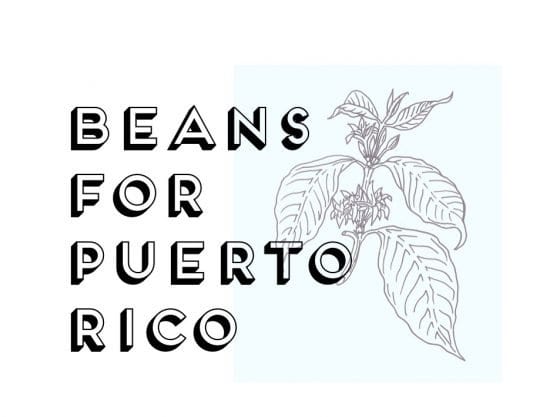
Xavier from Metric Coffee, who grew up in Puerto Rico, says he felt compelled to get involved to help the nation, and he has been humbled by the industry’s response in joining the effort. “The hurricane has brought so much devastation, and knowing that our government has been slow to respond is not only disheartening but also infuriating,” he says. “With this effort, we have roasters from all across the U.S. chipping in anywhere between 10 lbs to 1,000 pounds, which doesn’t surprise me because our industry, for the most part, is made of up kind, generous, and humble humans.”
Xavier, Stephen, and Kali hope to continue growing the effort to help Puerto Rico during its difficult recovery. For Kali—whose Café Regina opened after a four-week closure only to close again following another blackout—this help is much needed for the island. “Puerto Rico is going through a lot right now, but I think what Puerto Ricans need now, more than ever, is a push toward optimism and to know that people are there for us and have our back,” she says. “And that has been proven through Beans for Puerto Rico. We are very thankful.”
To donate coffee to Beans for Puerto Rico, sign up here.

